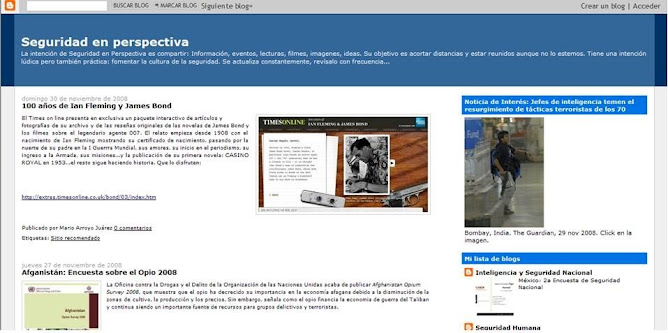 Human Rights Watch lanza una serie de recomendaciones para el Presidente electo de los Estados Unidos, Barak Obama, partiendo del supuesto que durante los últimos 7 años, el gobierno de los Estados Unidos de forma consistente ha despreciado los Derechos Humanos en su lucha contra el terrorismo, lo cual disminuyó su autoridad moral, y socavó el objetivo de reducir el activismo anti-americano alrededor del mundo. El uso de la tortura, retenciones ilegales, prisiones secretas, juicios injustos y detenciones arbitrarias y de largo plazo sin cargos, fueron según esta organización tanto moralmente incorrectos como contraproductivos.
Human Rights Watch lanza una serie de recomendaciones para el Presidente electo de los Estados Unidos, Barak Obama, partiendo del supuesto que durante los últimos 7 años, el gobierno de los Estados Unidos de forma consistente ha despreciado los Derechos Humanos en su lucha contra el terrorismo, lo cual disminuyó su autoridad moral, y socavó el objetivo de reducir el activismo anti-americano alrededor del mundo. El uso de la tortura, retenciones ilegales, prisiones secretas, juicios injustos y detenciones arbitrarias y de largo plazo sin cargos, fueron según esta organización tanto moralmente incorrectos como contraproductivos.http://www.hrw.org/sites/default/files/reports/us1108webwcover.pdf














